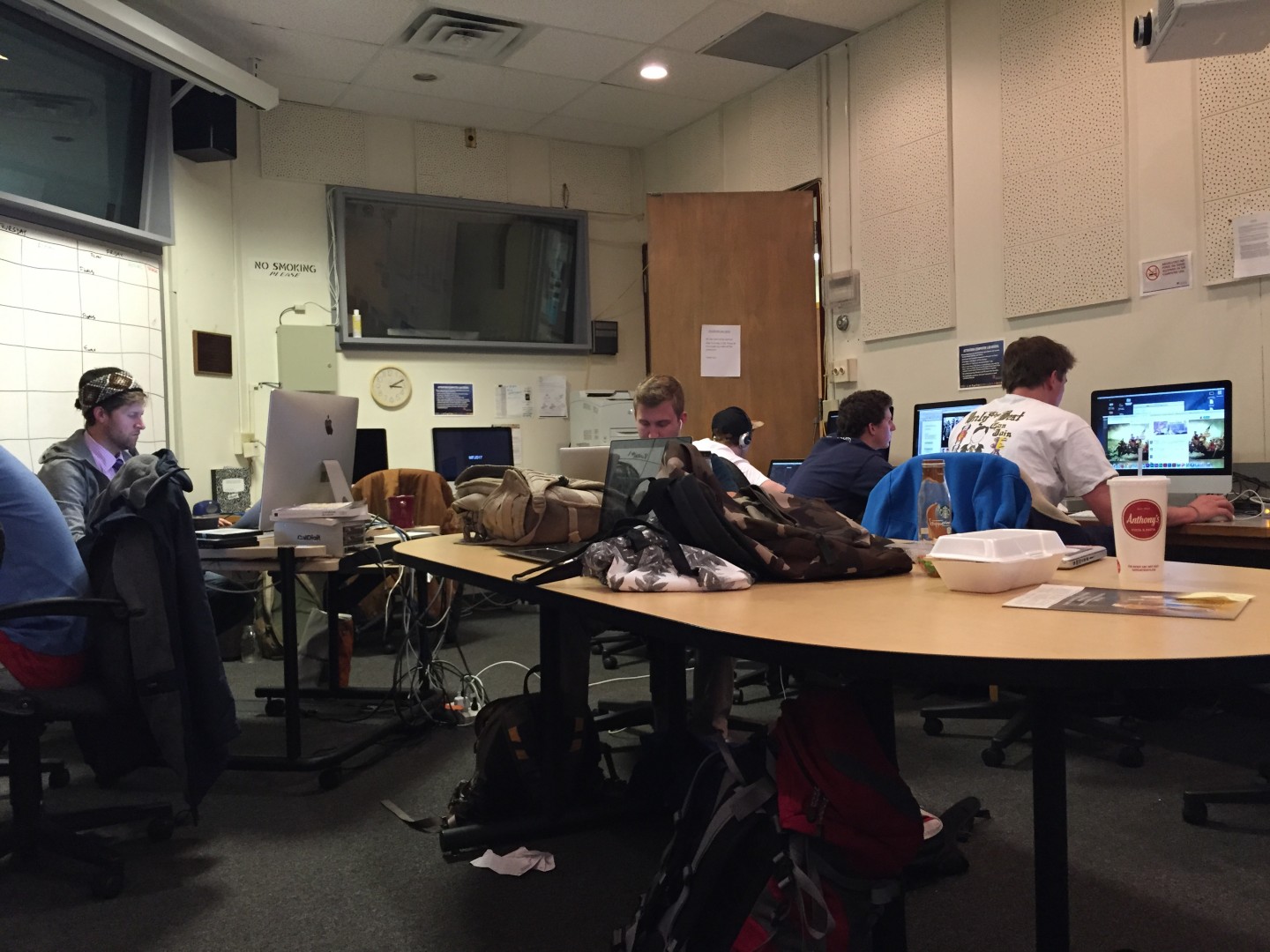Every year, the promise of a fresh start inspires people across the country to be better versions of themselves. The want to achieve goals, a theme throughout the past month, resounds as 47 percent of Americans make self-improvement or education-related resolutions.
Nowhere is the stress to “get education right” in the first place more prominent than on college campuses. The lives of college students revolve first and foremost around their education so they may be equipped for success in the field of their choice. The question, however, is what forces drive this choice. Passion should be the most important factor in deciding an educational and professional path, yet students continue to feel pressure to make other factors more important. Factors such as average income, pressure to follow in a parent’s footsteps and job security seem to overshadow the simplest key to success: loving what you do.
The Huffington Post outlined five reasons to further your education, listing none as a means to be excited to go to work every day. A Gallup Poll reports twice as many disengaged than engaged workers, and lists younger workers as least engaged. It seems general happiness and interest in one’s career has completely gone out the window.
“I was originally a business major because my dad wanted me to follow in his footsteps. I chose it because I thought I would get further in life pursuing business than pursuing music,” said Kristy Fraser-Jones, a sophomore from Mullica Hill, New Jersey. She then realized that she was not enjoying her classes and subsequently failing them. “Eventually I realized I couldn’t pursue a career I wasn’t interested in, so I changed my major to a Bachelor of Arts in Music,” said Fraser-Jones.
She shows clear improvements and overall benefits to her decision. “Academically my GPA has gone up tremendously. I find my classes much more enjoyable and stimulating to my interests and I am better able to engage in my studies,” said Fraser-Jones.
Accordingly, going back to basics and taking into account simple questions like, “where do you see yourself?”, “what do you like to do?” and “what motivates you?” has an impact, said Professor Edward Lewis, an academic advisor on campus in the Department of Management.
“Something we get too focused on is how much money can be made. We all know that in certain jobs there are more financial opportunities, but there’s also downsides to making money the motivator. Students need to understand that it’s not all about going for that pot of gold, but really believing in what you’re doing and having a strong sense of passion,” said Lewis.
While it is important to be able to make a living, it is equally important to enjoy what you do to attain this. Fortunately, you can have both. Once students find what it is they’re good at, and what inspires them, it is simply a matter of translating this into a career.
“The reason why I wanted to become a psychology major was because growing up things were very difficult for me. I didn’t have anyone to talk to and I want to learn how to make sure no one has to go through that same thing,” said Jaryd Dorsey, a sophomore from Santa Monica, California. Following pressures that deviate from this core idea that each person has individual ambitions can lead to mediocre work. “I could have decided to follow a more popular path but I probably wouldn’t excel as I wouldn’t be invested in my career,” said Dorsey.
When pressures pile up, the end goal is what should be in mind: being happy to get up every day. Students need to realize that seemingly big external influences will seem miniscule in the long run. Putting in the work to find one’s passion now will create a generally better life, with minimal regret.
Bottom line: what you do matters. Passion and fulfillment go hand in hand, and if you want to be part of the group of people who love what they do and have a strong sense of worthiness and satisfaction in the workplace, you have to believe in what you do, and know it holds value.










